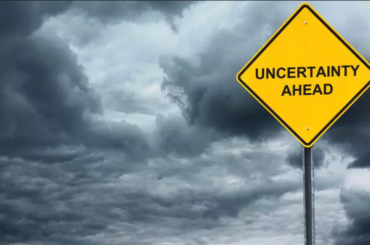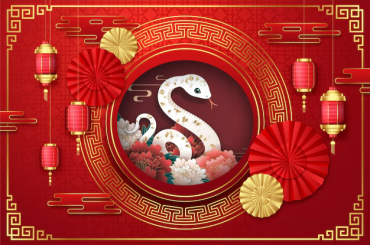The word I’m hearing again and again lately, both in sessions with my private coaching clients and in our first THRIVING IN CAPTIVITY group, is “overwhelm.” But what does that word really mean, and what can we do about it?
Feel It, Don’t Feed It.
We are feeling overwhelmed. We are feeling a lot of pressure. We are feeling anxiety. And that makes perfect sense, given the situation we find ourselves in. And most of us know by now that pushing our emotions down only creates more problems in the end. So, what can we do?
Brain scientist Jill Bolte Taylor writes in her book My Stroke of Insight about how emotions pass through our bodies in one and a half minutes.
She says, “When a person has a reaction to something in their environment, there’s a 90 second chemical process that happens in the body; after that, any remaining emotional response is just the person choosing to stay in that emotional loop. Something happens in the external world and chemicals are flushed through your body which puts it on full alert. For those chemicals to totally flush out of the body it takes less than 90 seconds. This means that for 90 seconds you can watch the process happening, you can feel it happening, and then you can watch it go away. After that, if you continue to feel fear, anger, and so on, you need to look at the thoughts that you’re thinking that are re-stimulating the circuitry that is resulting in you having this physiological response over and over again.”
This shows us that it’s up to us what we keep alive. We are all feeling this overwhelmingness. It’s real. And it’s okay to feel it. The question is: Can we feel it, and not feed it?
Our Brains Are Like Batteries
When we feel overwhelmed, our consciousness is being overloaded with thoughts. The part of the brain that figures things out is like a battery that can run out of juice. The prefrontal cortex gets caught in a loop, sending signals to the limbic system, which can’t successfully resolve everything it is being asked to resolve. In essence, we are trying too hard to make sense out of everything at one time.
I moved from Los Angeles to Paris about two and a half years ago, and it was so much harder than I expected. A few days after I moved, I got pickpocketed in the metro and had to file a police report, and buy a new phone. This compounded the number of tasks I already had on my to-do list: close one bank account and open another, get a visa, ship boxes—and on top of that, I was doing half of these tasks in (what was at that time) very bad French.
About a week into the move, I went to Franprix grocery store to pick up a package. After I signed for it, I realized it was way too heavy to be the two eyebrow pencils I had ordered. I told the cashier, and she said that because I’d signed for it, I needed to take it. I asked her why she couldn’t just send it back, and she said they didn’t process outgoing packages at that location, only incoming. I would have to take it to another store several miles away.
I was on foot. And the French Biology Dictionary, which I was now the proud owner of, was quite heavy. I looked her straight in the eye and said, “What are you going to do if I just leave it here? Call the police?” She shrugged, and continued to insist that I take it. It was my problem now, she said. I was flabbergasted. I was in a new country where I didn’t know the rules. This was frustrating in and of itself, but it also made it hard for me to stand up for myself. What would happen if I told her no? I had no idea.

Right now, I feel similar to how I felt back then. I am worried about my Dad, who is at the Veterans Home, about my flight back to Paris next weekend, about making money—about the ventilators and the hospital beds and the nurses and the homeless, and on and on and on.
I am concerned and uneasy, and what’s more: I don’t know the rules of this new virus. No one does. We are learning more every day, and the standards keep changing. What will happen tomorrow? Anxiety hits when we focus on the future, rather than the current moment. And magnified anxiety leads to a state of overwhelm. As we go through this uncertain time, how can we help ourselves feel less overwhelmed?
Disengage to Recharge

I pulled a Scarlet O’Hara—I’ll think about that tomorrow, I told myself, because I just couldn’t do one more thing today. I know that I can’t focus or make informed decisions in a state of overwhelm. I needed to disengage. So, I gave myself permission to set it aside and come back to it later.
For me, that was feeling it without feeding it. I didn’t continue to dwell on it, but I didn’t smash the feelings down, either. I let it pass through me, then came back to the problem later when I was calm. Doing so gave me the bit of detachment that I needed.
In recovery, we often talk about pausing—taking a moment to create enough space so that we can respond, instead of react. Creating some stillness. And when we do that, we give our brains a chance to recharge, and give ourselves the power of choice. It’s like a pocket of air in the midst of the storm.
We can choose what we hold on to. Thoughts become things. So this pause, this disengagement—however counterintuitive it may seem, actually empowers us to choose the thoughts that protect us from becoming overwhelmed. Sometimes, we just need to give ourselves a break.
Find Dufflyns Website HERE







